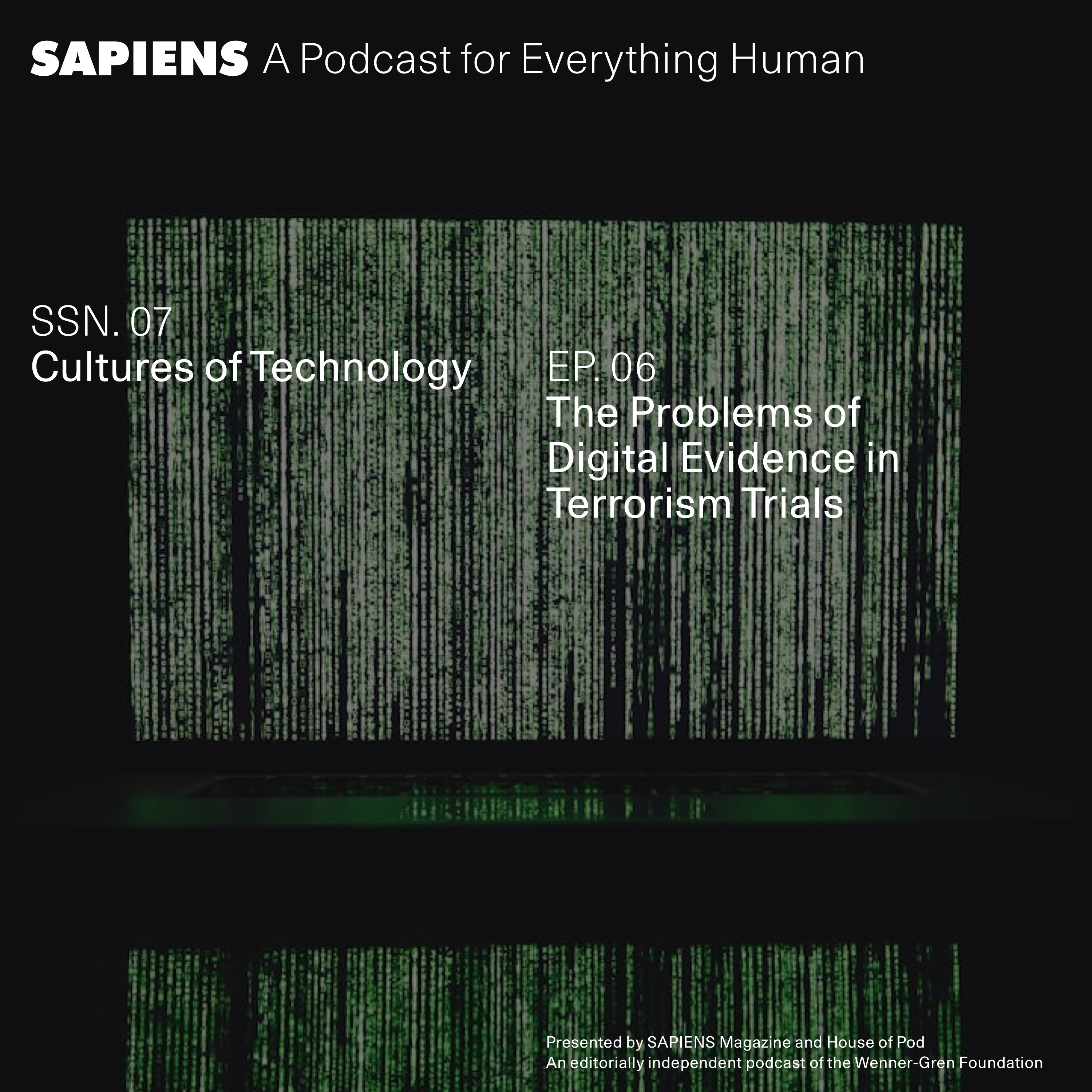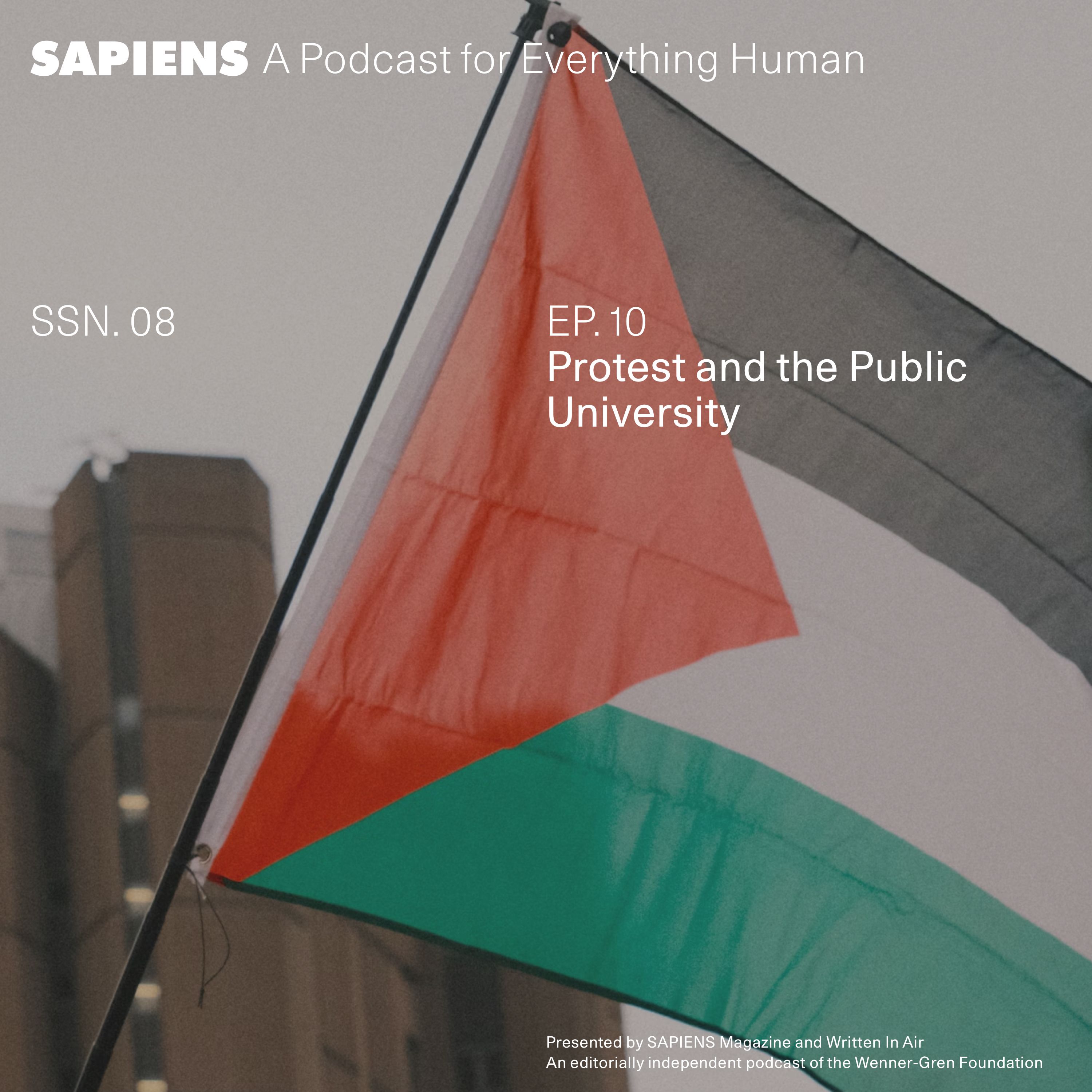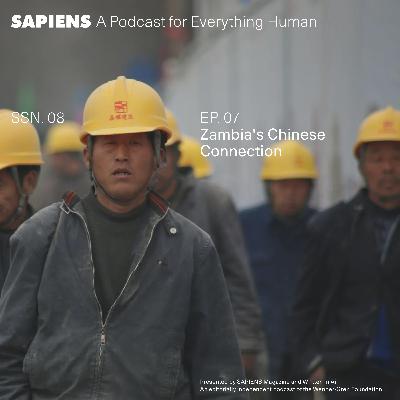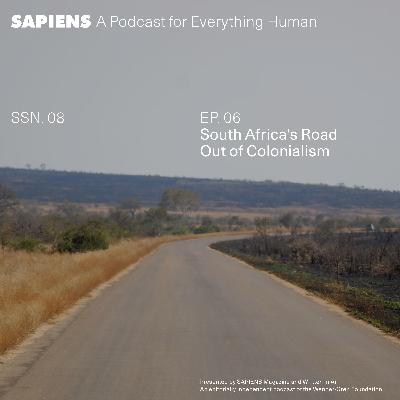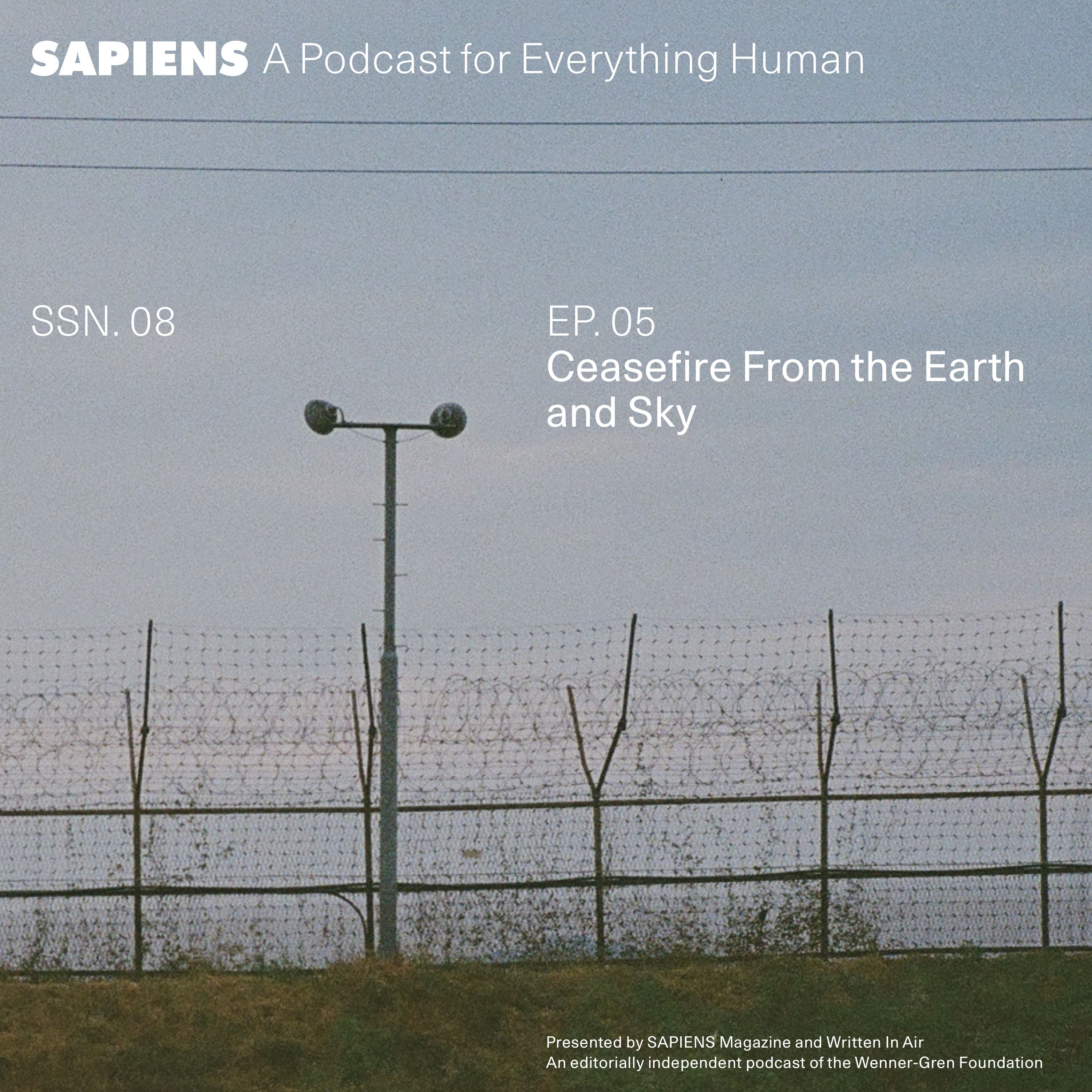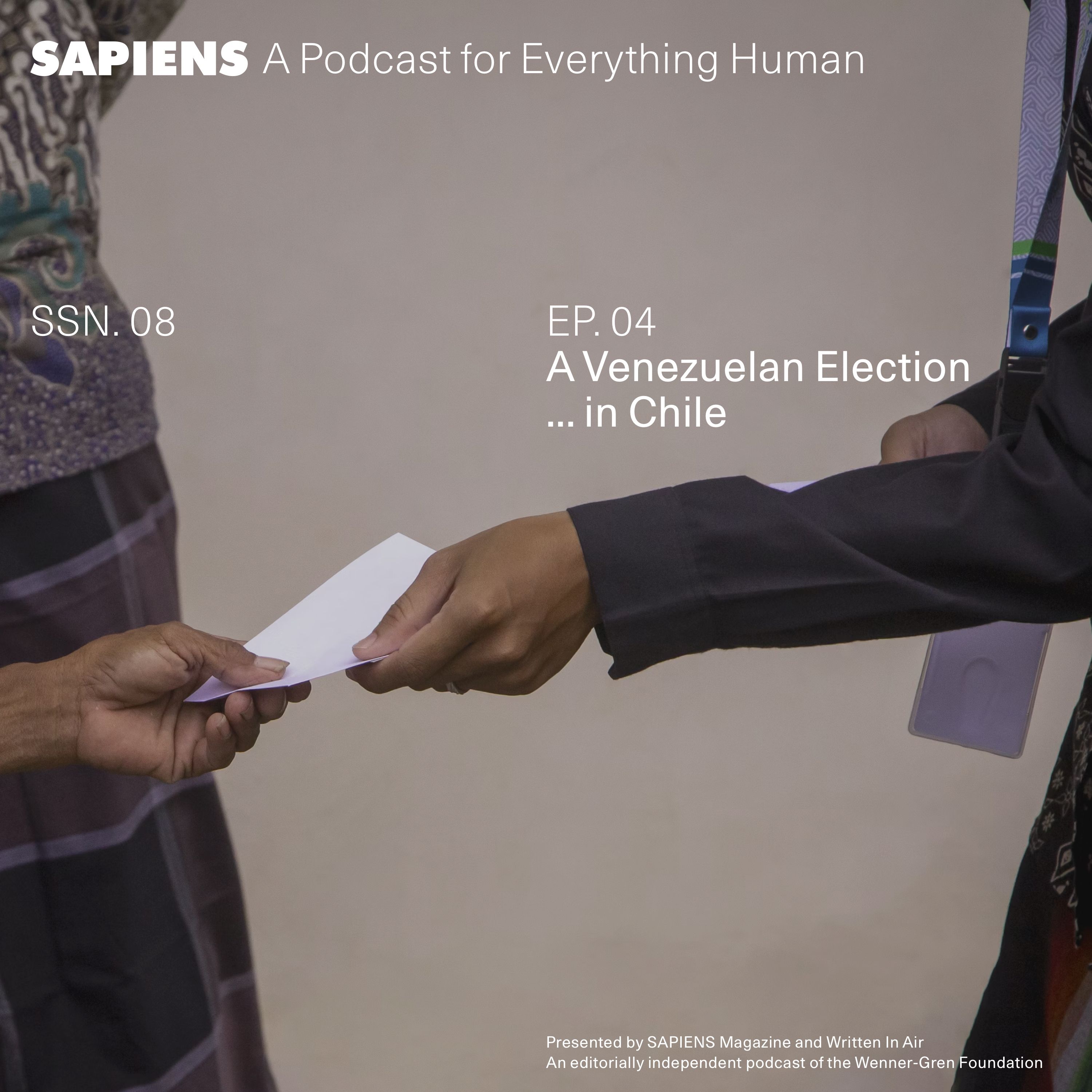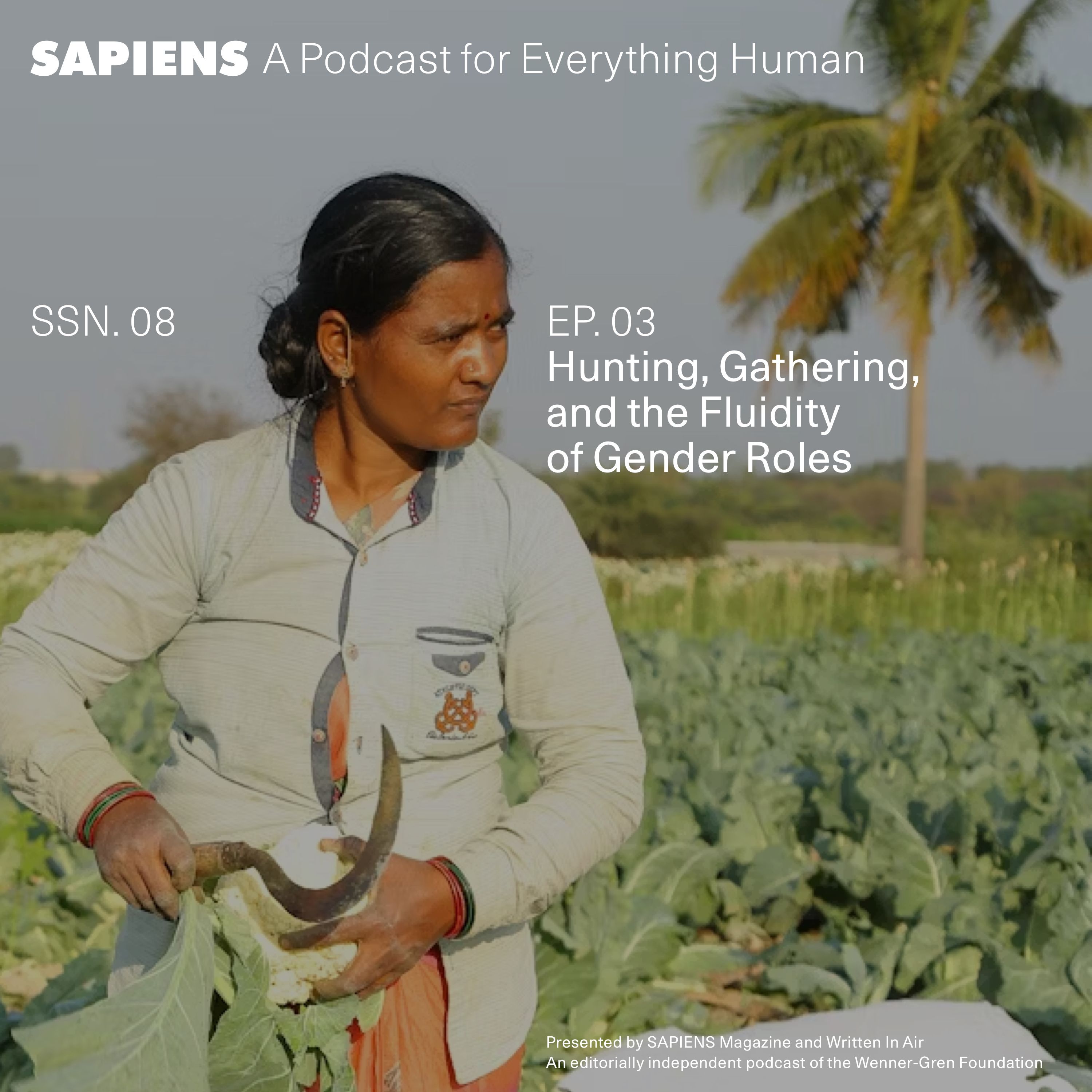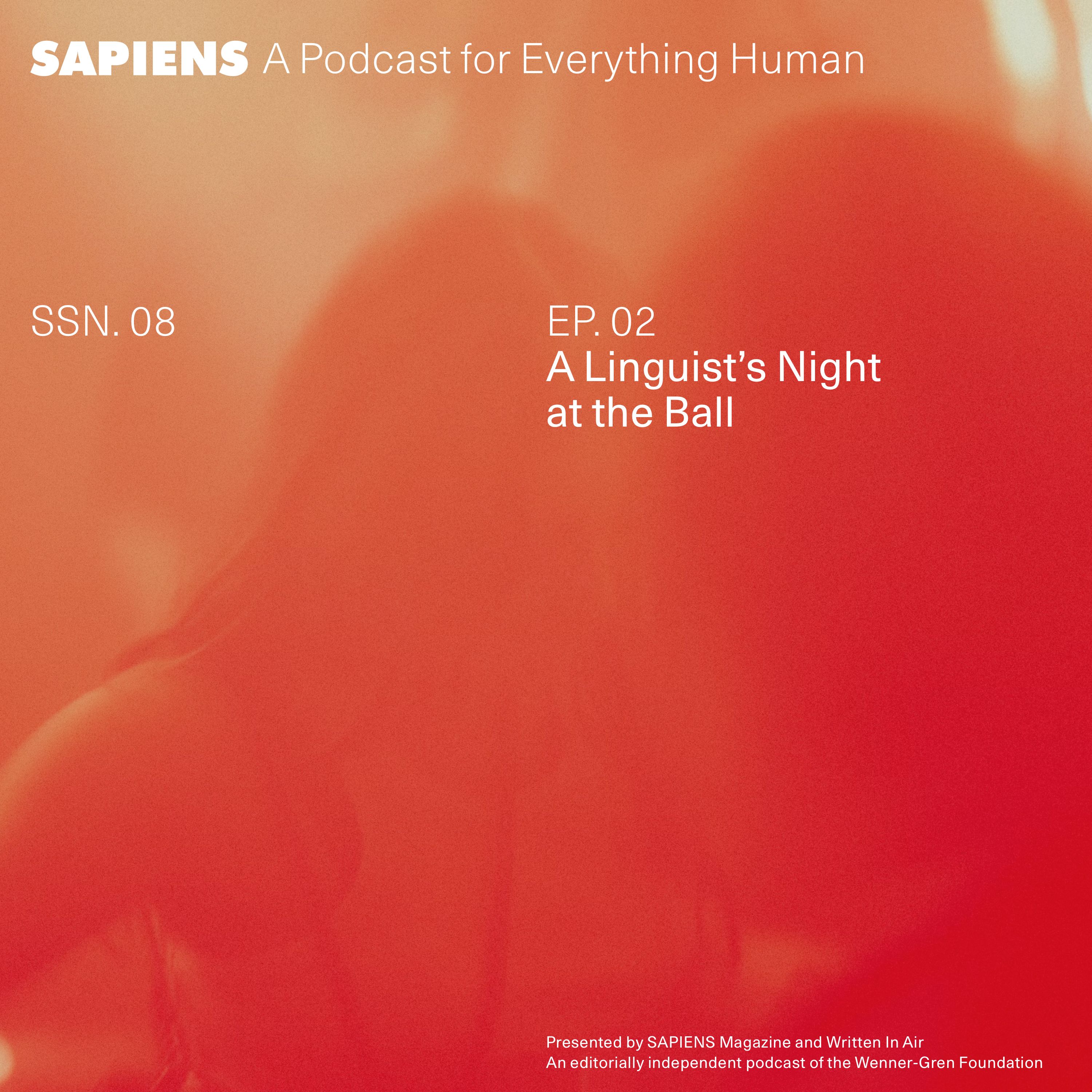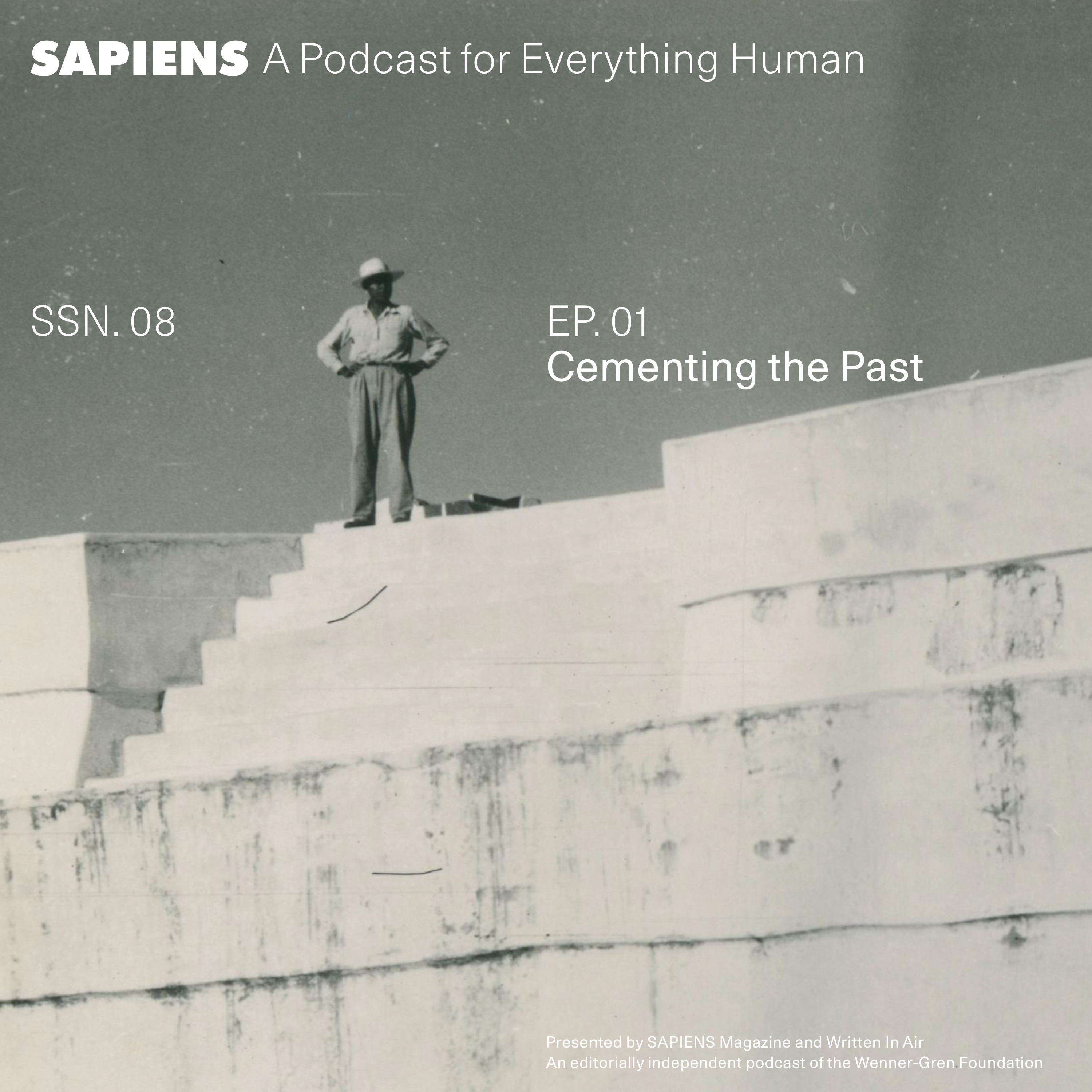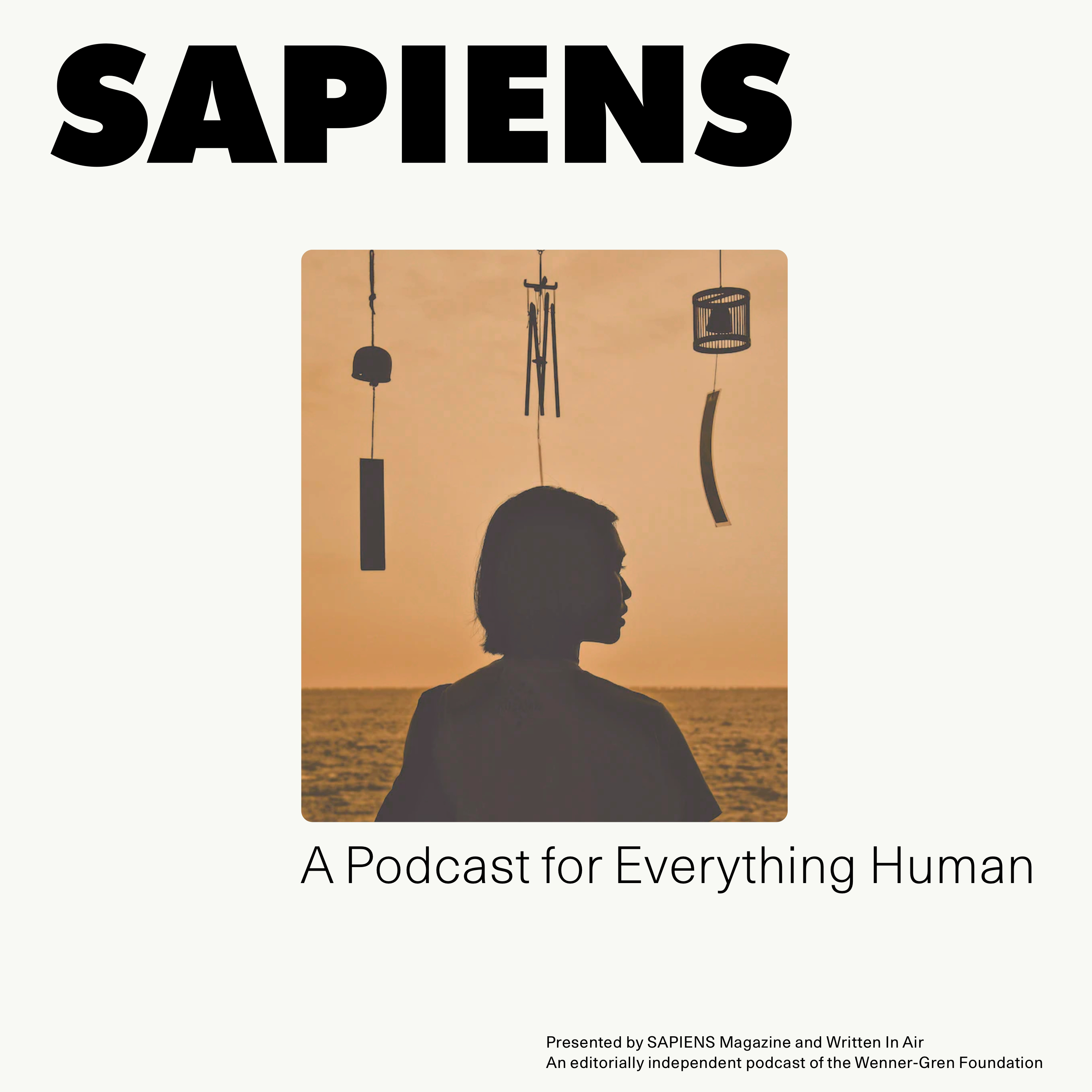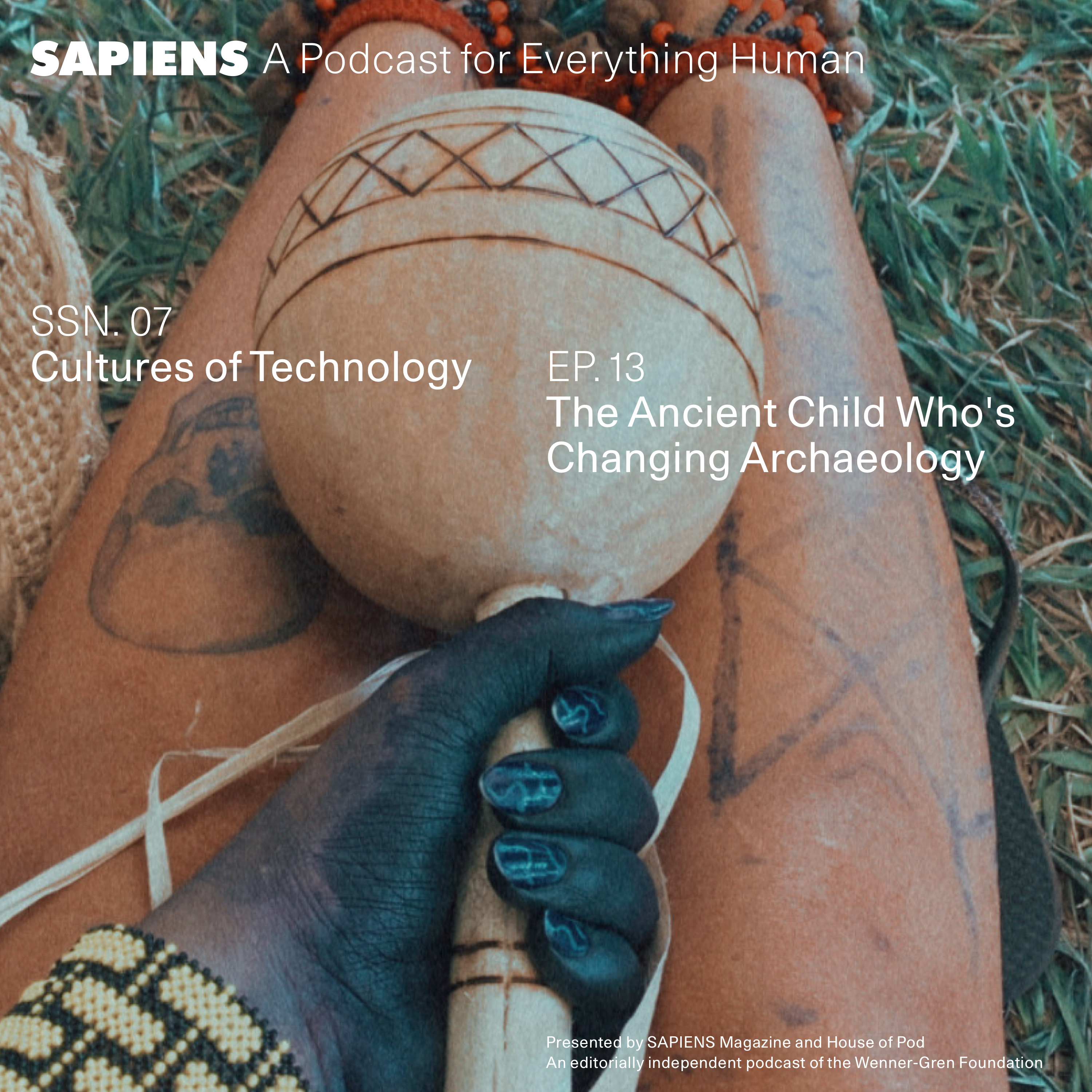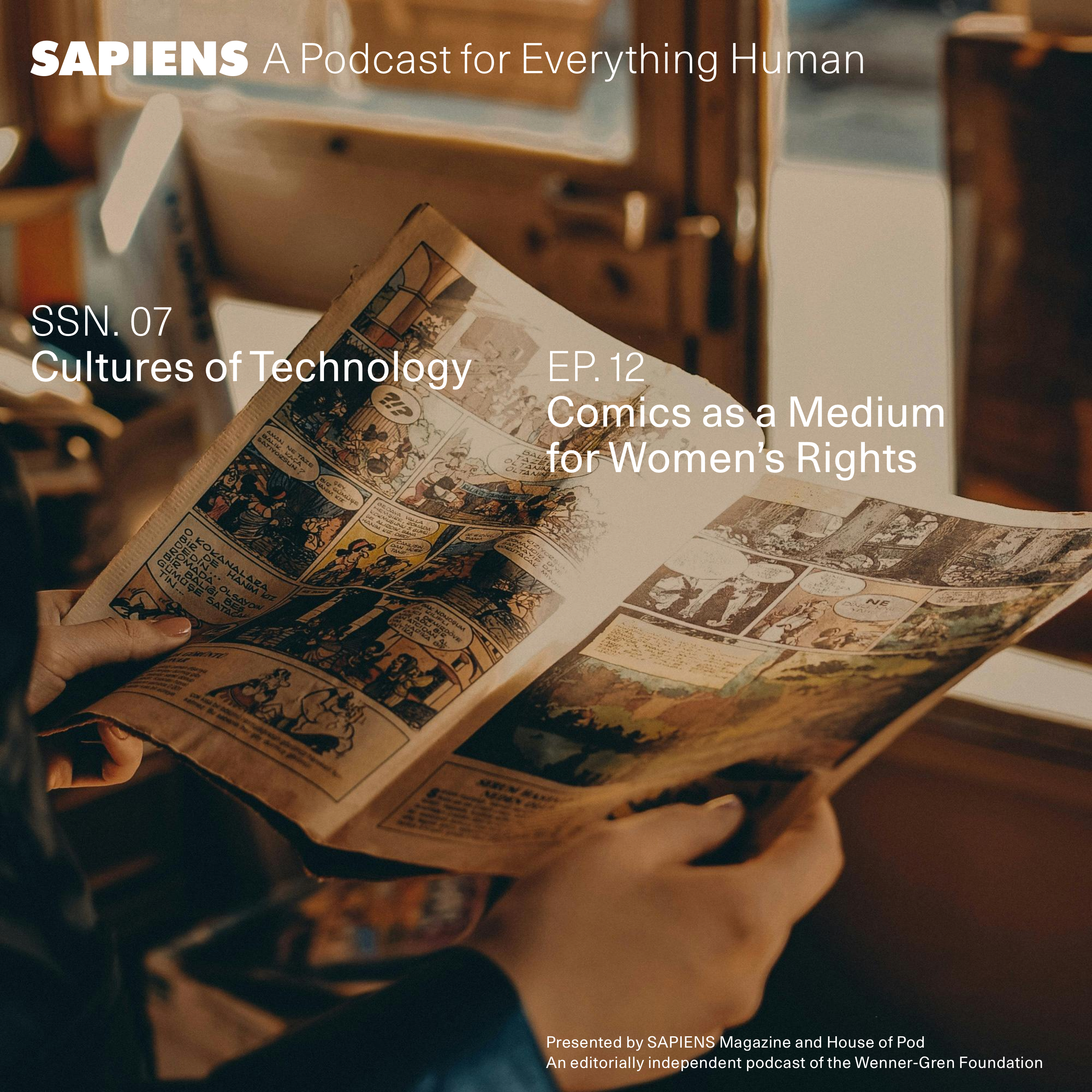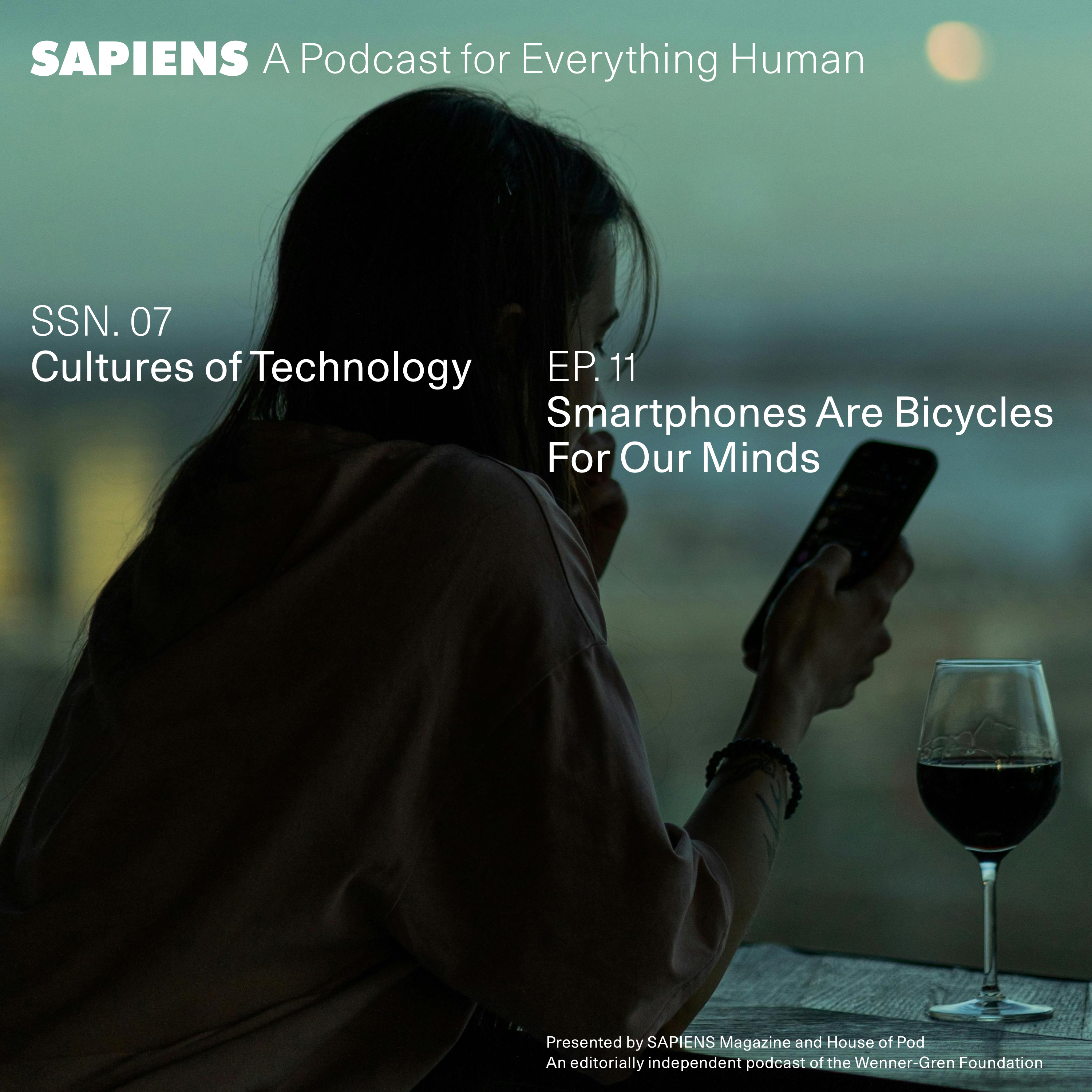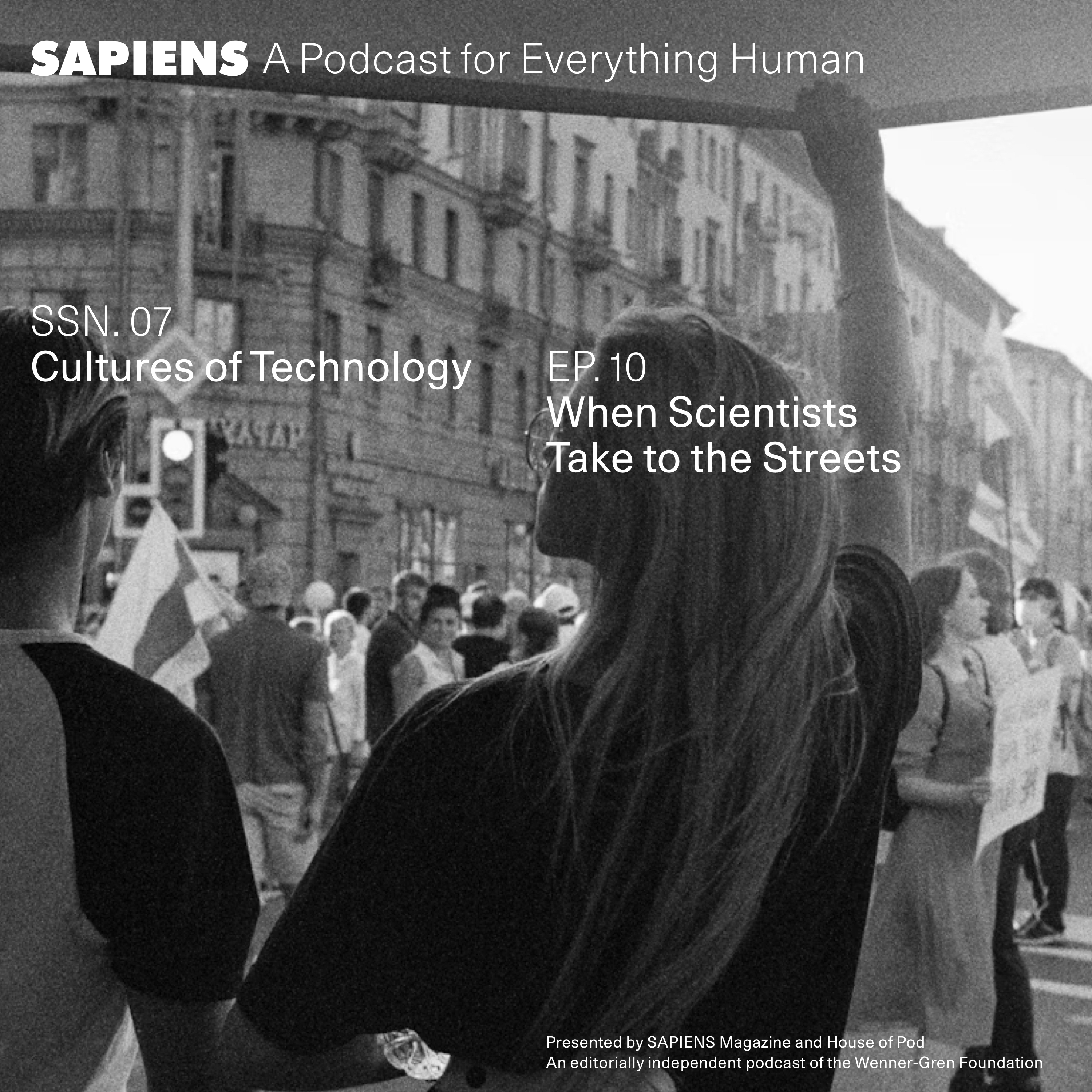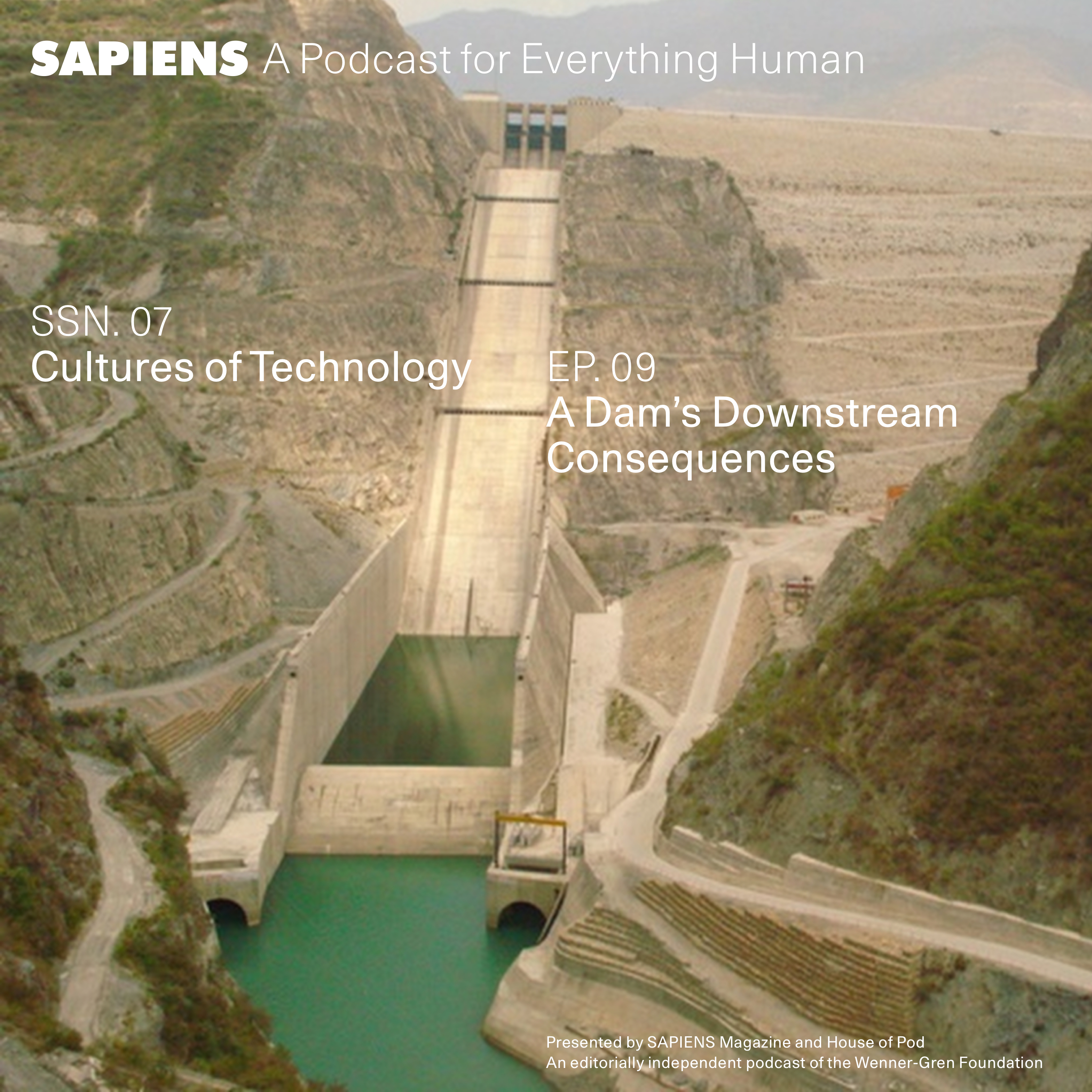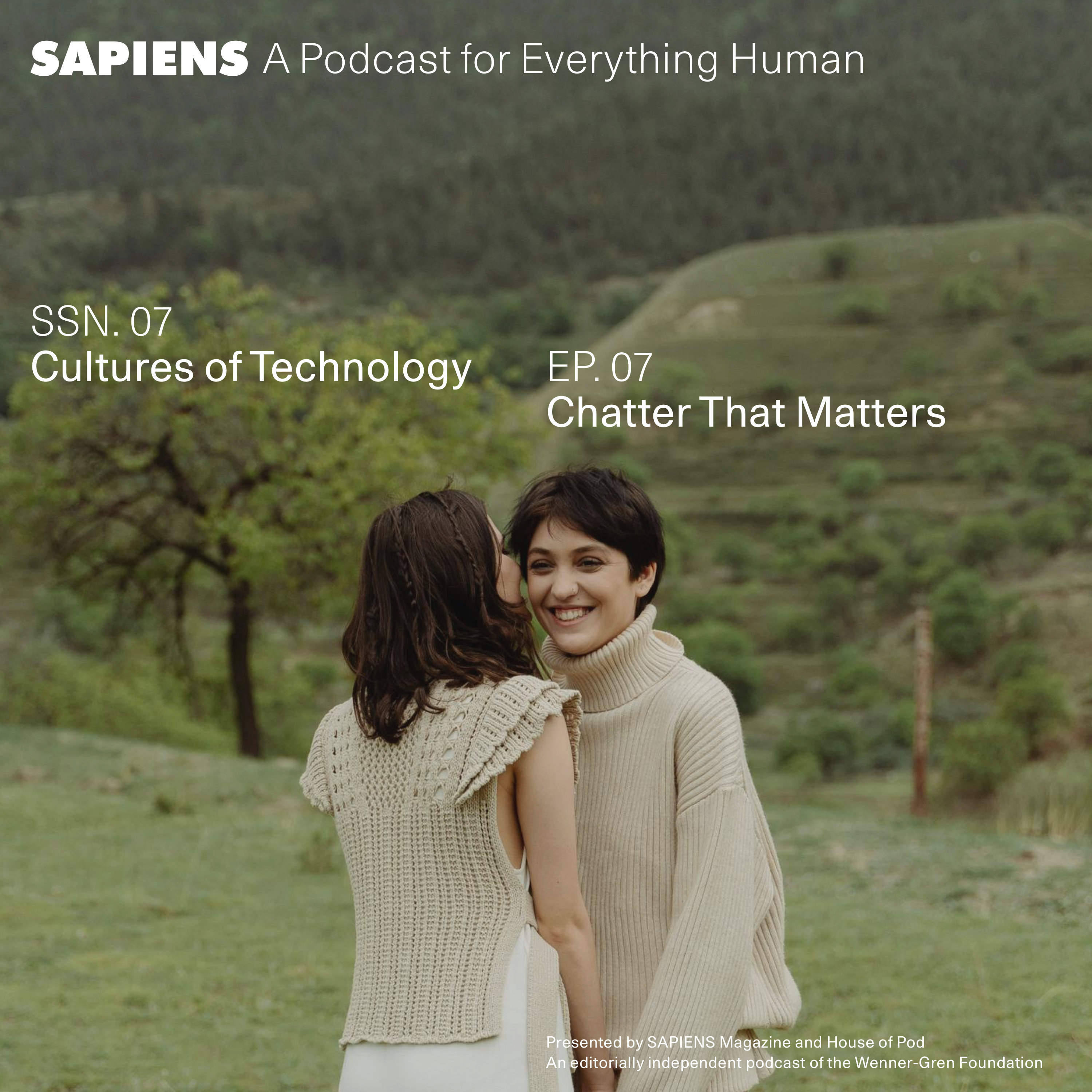The Problems of Digital Evidence in Terrorism Trials
Description
Today most people around the world are using digital gadgets. These enable us to communicate instantaneously, pursue our daily work, and entertain ourselves through streaming videos and songs.
But what happens when our past digital activities become evidence in criminal investigations? How are the data that mediate our lives turned into legal arguments?
An anthropologist searches for answers.
Onur Arslan is a Ph.D. candidate in anthropology at the University of California, Davis, who works at the intersections of science and technology studies, visual anthropology, law, and social studies. He graduated from Istanbul University with a B.A. in political science and international relations, and from Bilgi University with an M.A. in philosophy and social thought. For his Ph.D. research, he is investigating how digital technologies reshape the production of legal knowledge in terrorism trials. Through focusing on Turkish counterterrorism, he examines cultural, political, and technoscientific implications of evidence-making practices. His field research is supported by the National Science Foundation, Social Science Research Council, and American Research Institute in Turkey.
Check out these related resources:

